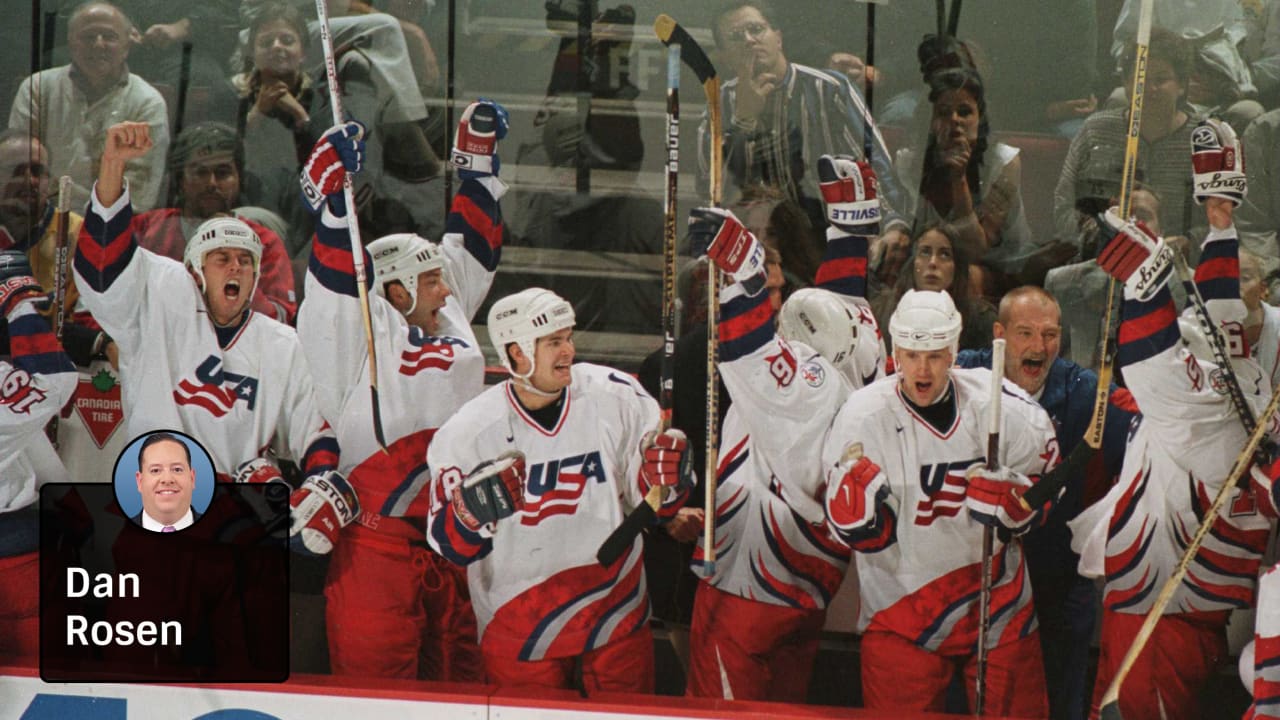ST. LOUIS -- Jim Carey is back in the minor leagues again, and the St. Louis Blues don't know when or if he'll return.
Carey, signed a two-year deal with the Blues on March 1 -- one day after agreeing to a buyout with the Boston Bruins. On Saturday, he was assigned to the Cincinnati Cyclones of the International Hockey League.
''He's only 24 years old. Whether he can play in the NHL is up to him to prove,'' general manager Larry Pleau said. ''It's not for me to decide, it's up to him to prove.''
The former Vezina Trophy winner appeared in four games with the Blues and was 1-2 with a 3.86 goals-against average, often appearing out of sync. The Blues lost confidence in him after a spectacular flame-out against Calgary March 9, when he allowed four third-period goals in a 7-4 loss.
''He probably thought the bottom of the barrel was when he left Boston,'' Pleau said. ''But the bottom of the barrel for me was when he played against Calgary in the third period.''
Carey played only one game after that, a 5-2 victory over the Chicago Blackhawks, getting the start because Grant Fuhr had played the previous night and had soreness in his surgically repaired right knee.
Pleau doesn't regret signing Carey for $800,000 for the remainder of this season and next season, even though it hasn't worked out so far. The team made the move while Fuhr was recovering from knee surgery and with other candidates struggling.
''We were still looking for a No. 1 goalie and the contract was very reasonable under the situation,'' Pleau said. ''We did it, and the rest is history.''
The Blues sent Carey to Cincinnati because they already have two goalies at their Worcester, Mass., affiliate in the AHL, Brent Johnson and Rich Parent. Pleau said Carey likely will get regular work in Cincinnati due to goaltending injuries there.
''We talked to some IHL teams and felt this was his best situation,'' Pleau said. ''It'll be good experience for him.''
Pleau wouldn't rule out Carey competing for the No. 1 job next season as the Blues search for a successor to Fuhr, 36. Fuhr is signed through next season and likely will share the job.
''We can't expect Grant to be No. 1,'' Pleau said. ''We just want this guy to get us through until we can find one, and he's been doing a pretty good job of that.''
Carey won the Vezina as the NHL's top goalie in the 1995-96 season with the Washington Capitals. He played in 71 games that season, with a 35-24-9 record and 2.26 goals-against average.
He was traded to Boston during the 1996-97 season, struggled and lost his job to Byron Dafoe before being sent to the minors.
Carey played 30 games this season with Providence of the American Hockey League, where he posted a 17-8-3 record and 2.34 goals-against average.
)

